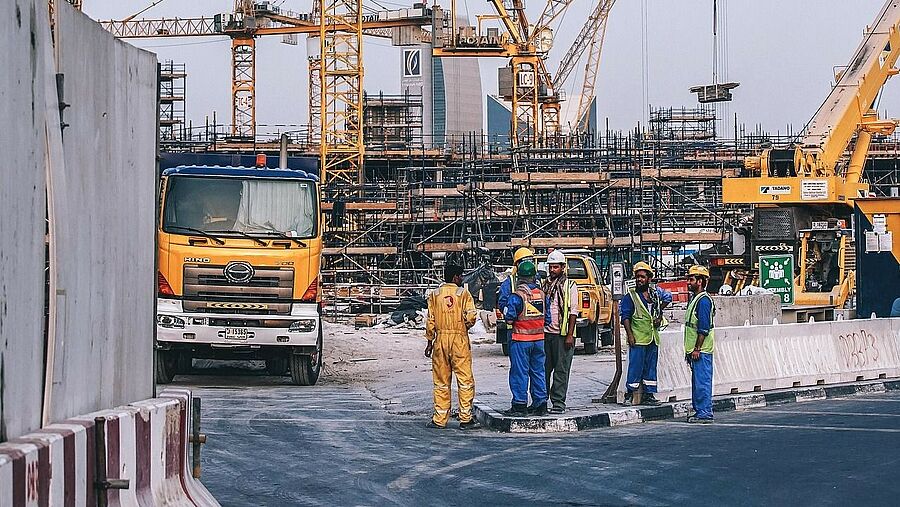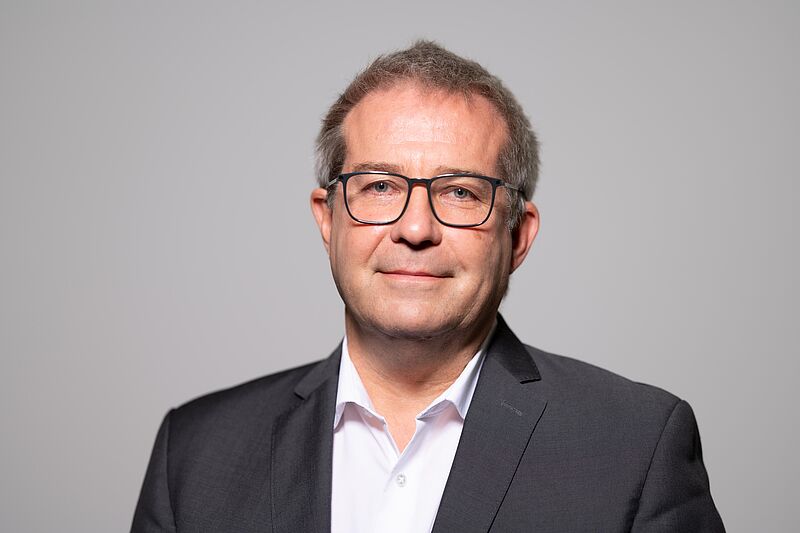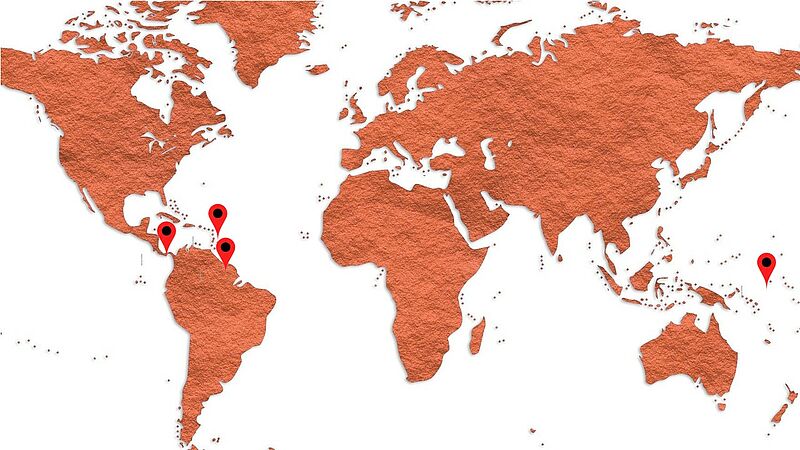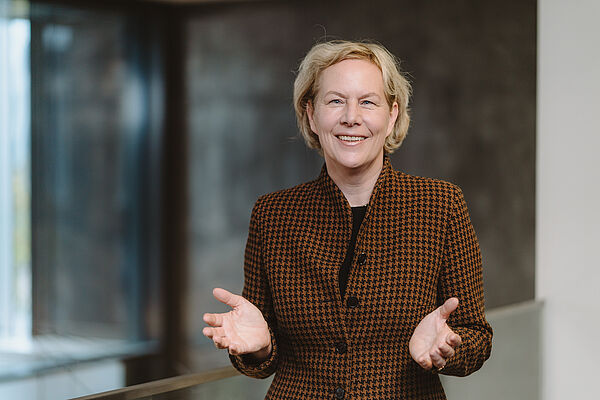Help that creates markets. When development policy moves the economy

Is development policy purely about fighting poverty? No, says Professor Stephan Klingebiel, Head of the Inter- and Transnational Cooperation research programme at the German Institute of Development and Sustainability (IDOS) in Bonn. In this interview, he explains how targeted development cooperation opens up markets and facilitates investment.
AWE: Mr Klingebiel, to what extent does Germany benefit from development cooperation?
Professor Stephan Klingebiel: Development cooperation demonstrably increases demand for German products and services. Every euro that flows into development cooperation brings 36 cents back into the German economy. It supports around 139,000 jobs. These are the findings of a study by the University of Göttingen, which was published in 2024. The study, commissioned by KfW Development Bank, analyses how German development funds impact German exports to the respective recipient countries. The findings show how much Germany benefits economically from its engagement in development cooperation.
AWE: Why is that?
Professor Stephan Klingebiel: Development policy is anything but the mere provision of financial assistance simply because we mean well. It’s an instrument for pursuing one’s own political, social and economic interests. Development policy can improve access to key raw materials, influence migration and support the Global South in reducing CO₂ emissions – all of which also benefits us directly. And, not least, it helps companies that are involved as partners in development cooperation to tap into new markets. In very poor countries in particular, development cooperation often creates the conditions for entrepreneurial activity.
Partnerships with impact: How development cooperation promotes innovation and investment
AWE: How does development cooperation actually achieve this?
Klingebiel: Although partner countries are not obliged to buy goods and services from the donor country, close partnerships are formed in practice. This can be seen, for example, when delegations from partner countries travel to Germany, observe different types of technology firsthand and subsequently invest specifically in these technology solutions.
AWE: Can you give us a specific example?
Klingebiel: One example of a mutually beneficial partnership is development cooperation with India. Although large parts of the country continue to struggle with poverty, India is very advanced in fields such as IT and the energy sector. Development projects have not only established important structures in these sectors, but have also triggered private investment from which German companies are still benefiting today. The same applies to countries such as South Korea – or even Spain.
AWE: What do you mean? Both countries are far from being developing countries.
Klingebiel: Exactly. Spain was the first country to be removed from the OECD list of developing countries in 1983, which means it has graduated. South Korea is a particularly striking example of success: today we know it as a highly developed technology hub. In fact, South Korea is now itself a donor country within the OECD, despite having only been removed from the OECD list in 2010. When such a country graduates, the flow of development funds stops. However, this is precisely what boosts its reputation, enabling the country to obtain more favourable loans on the financial markets. Those who were in the market before because they had already invested during the development phase benefit from established partnerships once a country is economically developed.
Development as an opportunity: How economic cooperation opens up potential at an early stage

AWE: When is it particularly worthwhile investing in partner countries: before or after a country is economically developed?
Klingebiel: Worthwhile investment opportunities arise in every phase of economic development. India, for example, is still officially considered a developing country, but government aid now accounts for less than one per cent of GDP. In other words, most of the financing is provided by the private sector. There is enormous potential here for international investors.
But opportunities are also opening up in countries that are still in the early stages of economic growth. In Rwanda, for example, Volkswagen operates a vehicle assembly plant. The question arises as to whether development cooperation can specifically support training initiatives – which would be a real added value of the partnership for both sides.
Promising candidates for promotion
Every three years, the OECD’s Development Assistance Committee (DAC) examines which countries are still entitled to development aid. To date, 48 countries have graduated – in other words, they have successfully left the status of a developing country behind them.
Some of the countries that could graduate in 2026 or whose graduation has already been approved:

Published on

